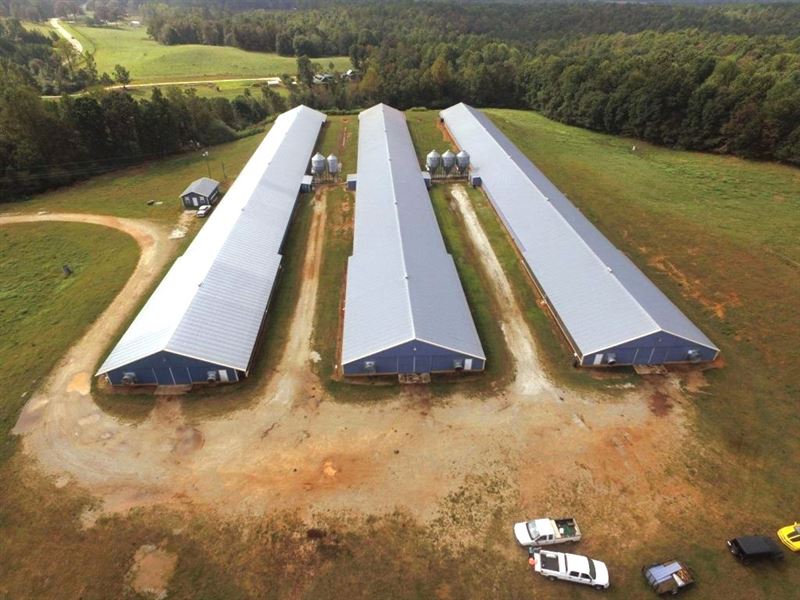

Will Scott with the Yadkin Riverkeeper says chicken farms aren't under the same scrutiny as other industries. "We had some friends over to the house," she says, "several people one night, and it was so bad, they had flashlights out in the front yard and you could see" the particles.Įnvironmental groups are concerned, too. Mary says there are dust particles in the air and it can be hard to breathe. The waste is a combination of manure, feed and carcasses - which can cause harmful gas emissions. Mary Marshall says the odor and pollution from nearby chicken farms can make it hard to breathe. Katherine Kellam, Donna Bryant, Mary Marshall and Jesse Hardy lend support to each other during a meeting at Bryant's home in the Shoals community. Surry County residents from left, Terry Marshall, Dr. "It smells like a lot of ammonia, and sometimes, just dead rotting meat." "Your throat starts to hurt - you know you are in it," Terry says. That worries residents Terry and Mary Marshall. These large-scale chicken farms are popping up near residential areas in western North Carolina, especially in Surry County.

Watts' operation is one of thousands of confined animal feeding operations in the state. It's spread in nearby fields and sold to farmers for fertilizer. His birds produce 700 tons of poultry waste each year, and he's responsible for it. It's a good situation for them," Watts says. "They don't have to spend 24/7 with that chicken and have to deal with its waste. Still, he says sometimes it's a struggle to meet the demands of the industry.

He contracts with Perdue and has raised birds for more than 20 years. Neighbors say it's also a potential health hazard.Ĭraig Watts is an industrial chicken farmer in Fairmont, N.C. Government regulations have allowed these farms to get much closer to where people live. Large-scale chicken farms are spreading across the state. North Carolina is one of the country's largest poultry producers - and getting bigger. As farms move closer to residential areas, neighbors are complaining that the waste generated is a potential health hazard. North Carolina is one of the country's largest poultry producers.


 0 kommentar(er)
0 kommentar(er)
